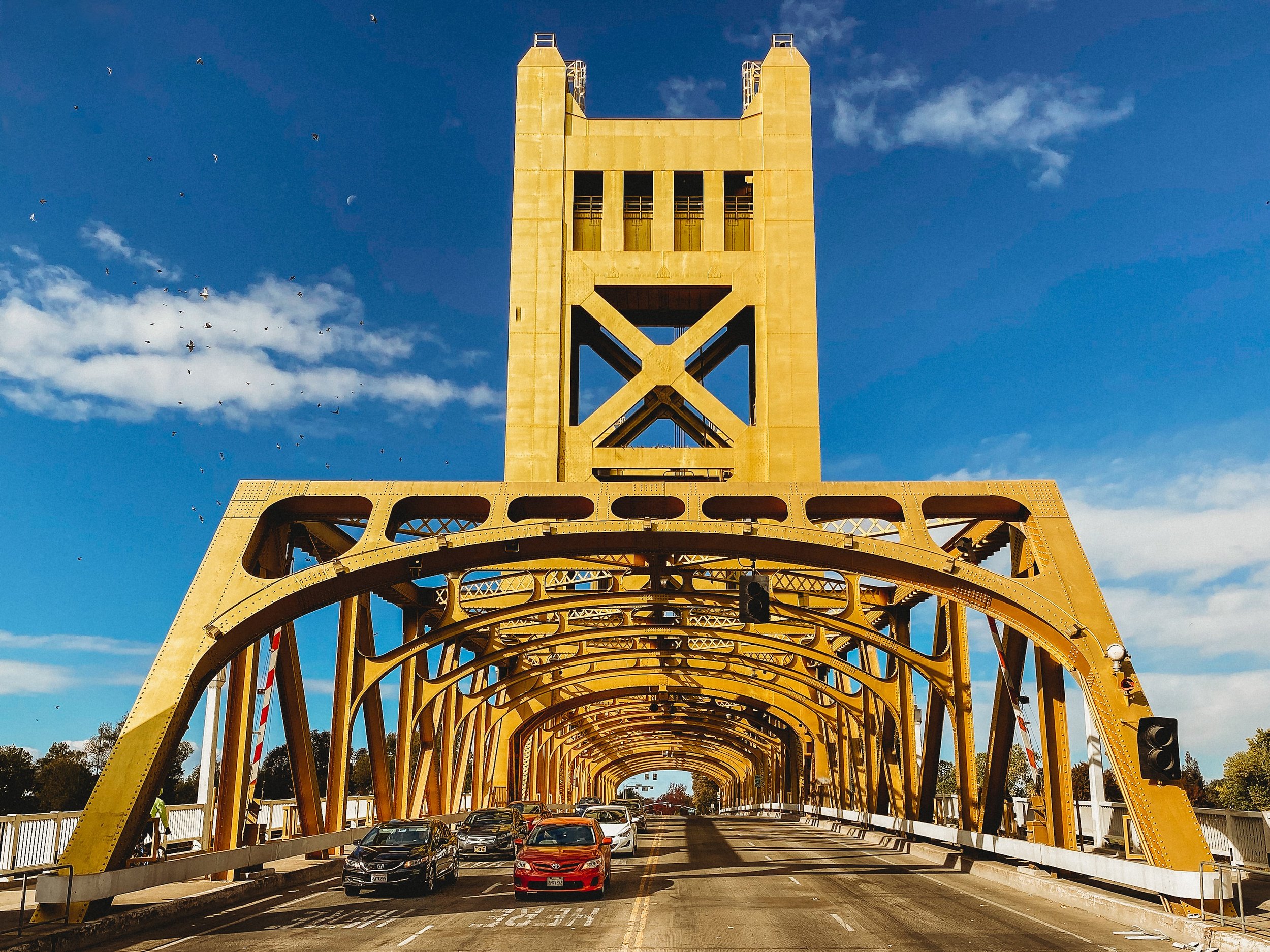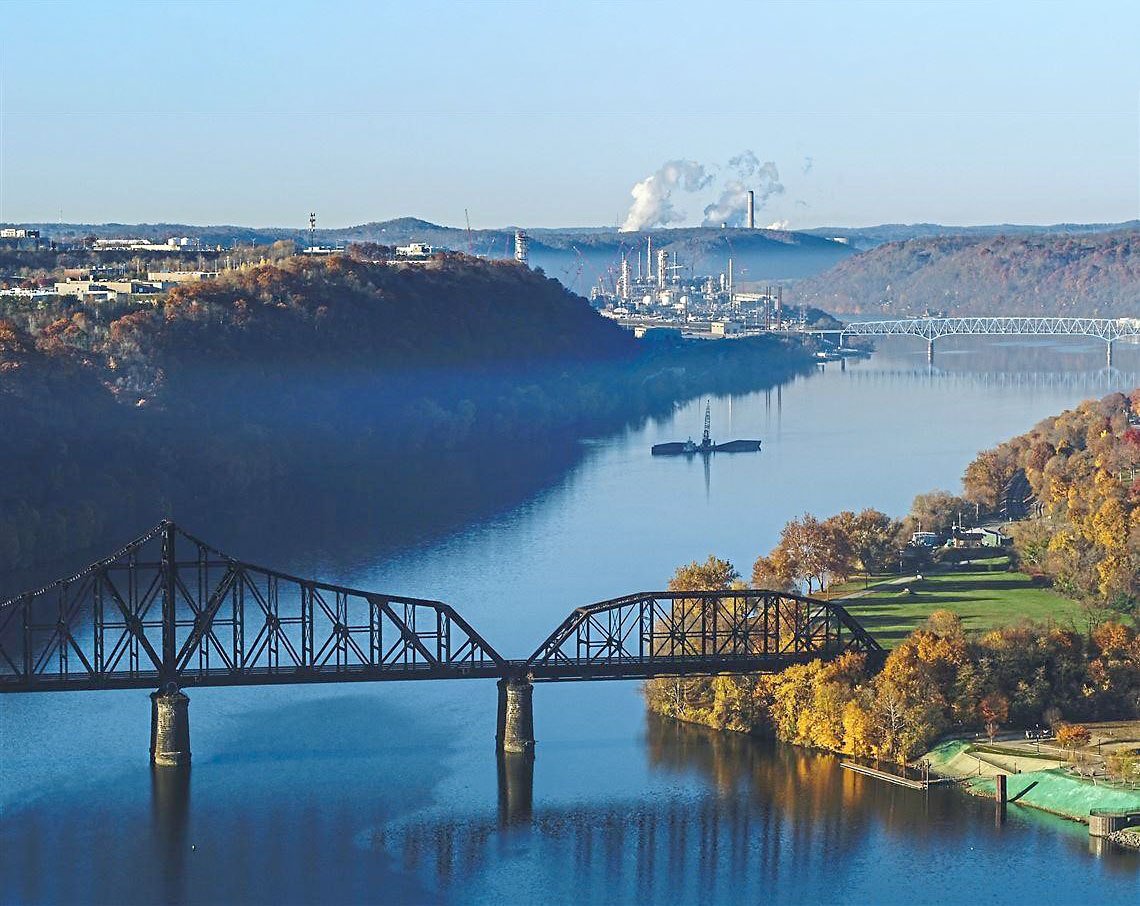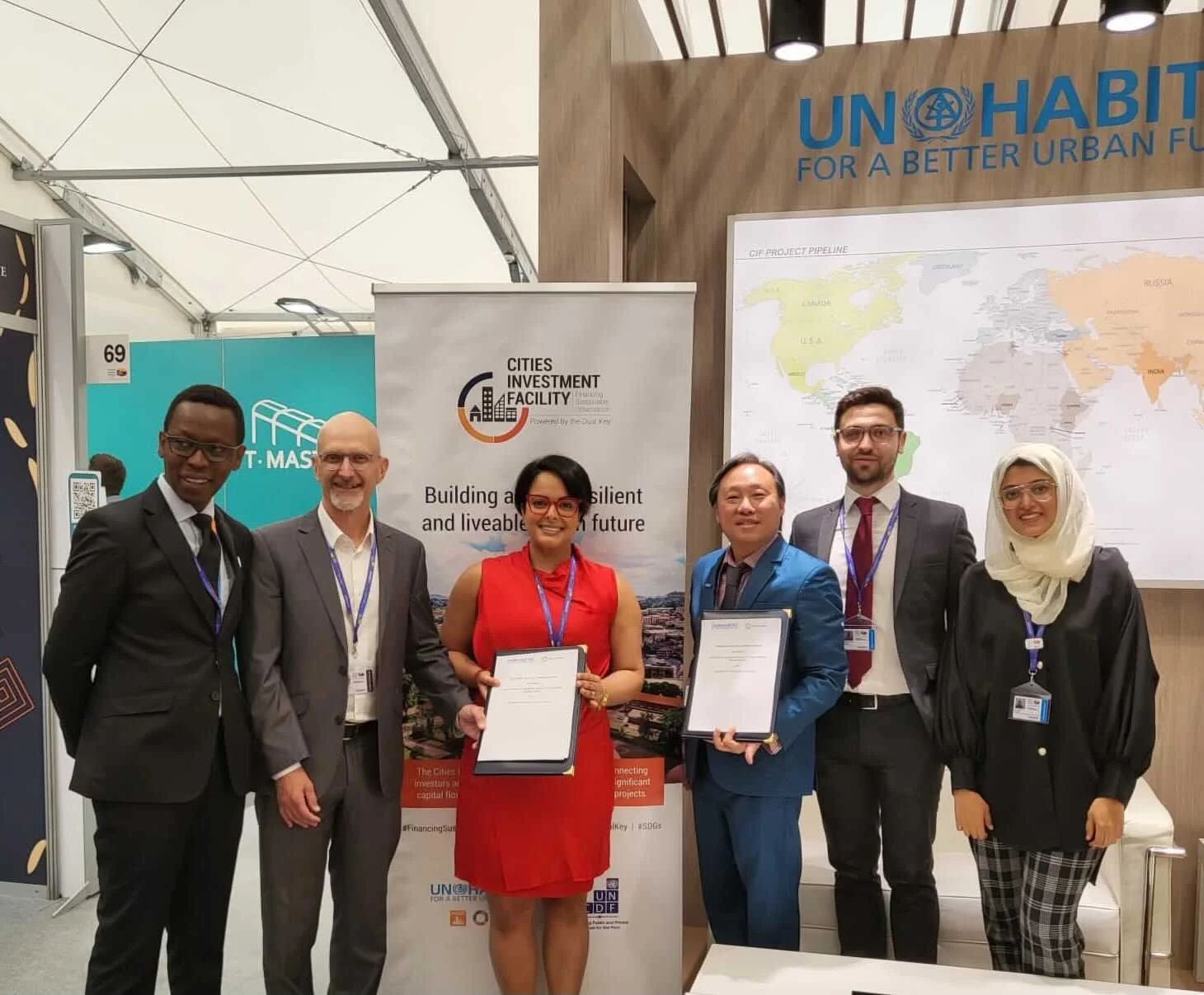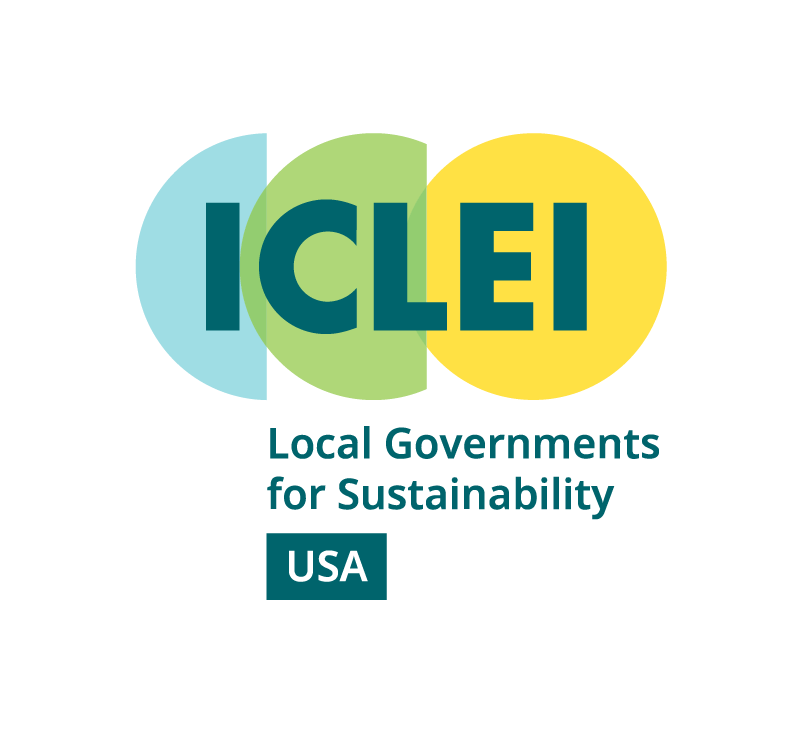
The Project Preparation Program focuses on projects in the built and natural environments as an entry point to help communities implement more transformational initiatives and enhance their resilience.
The Urgency

The world’s cities need infrastructure to build resilience capacity to climate change and other shocks and stresses of the 21st Century. According to the United Nations Environment Programme (UNEP), the cost of adapting infrastructure to climate change will reach $140–300 billion per year by 2030 and $280–500 billion by 2050.
Unfortunately, lack of institutional capacity, unrealistic timescales, and political agendas, competing stakeholder priorities complicate the implementation of critical infrastructure projects. While private- and development-finance funds exist to help pay for the implementation of these projects, many projects addressing urban resilience issues stall in the idea phase due to lack of investment.
The Projects

The Project Preparation Program provides assistance to help communities prepare more impactful and successful projects. Over the last few years, RCC has been working on several engagements in the U.S. and around the world. Below are some of the ongoing projects:
California Project Preparation Initiative (CPPI)
California
CPPI is developing a cohort of 20 projects across California that lie at the intersection of climate resilience and equity.
Learn more about this initiative.
Gold Standard/RCC Climate Adaptation Project Standard
Global
This new international standard for climate adaptation projects provides project developers and financiers with a robust framework and guidance on project team formation, climate science education, hazard and risk analysis, and project design and adaptive management approaches.
Learn more about the Standard’s requirements and its application.
UN Habitat Cities Investment Facility (CIF)
Global
As a core implementation partner, RCC is providing expertise in project leadership, program development, and innovative finance advisory to help establish UN Habitat’s CIF Investment Advisory Platform and meet delivery.
Learn more about our collaboration and ongoing efforts for the Cities Investment Facility.
Marshall Plan For Middle America (MP4MA) Summit
Appalachian Region, U.S.
RCC hosted a virtual summit to accelerate the critical work needed to meet the broad reaching goals laid out by nine local Mayors of the Appalachian region, including Pittsburgh, Pa.; Cincinnati, Ohio, and Huntington, W.Va., in the MP4MA Summit. This summit was inspired by and built on the critical work of the Marshall Plan and was advanced by our local partners, Reimagine Appalachia, Heartland Strategies, and the City of Pittsburgh.
Data-Driven Natural Asset Development
Pittsburgh, Pa.
With support from Google and ICLEI, RCC and the City of Pittsburgh seek to use artificial intelligence to develop a new heat-energy vulnerability index at the property level in Pittsburgh. The index measurements would provide the City’s decision makers with the ability to more effectively target green infrastructure investments and create opportunities for U.S. cities to explore ways to incentivize properties to reduce heat contribution.
Cities Forward
Western Hemisphere
Funded by the US State Department and in partnership with ICLEI and the Institute of the Americas, RCC has co-launched Cities Forward, a project preparation capacity building and peer-to-peer exchange program. The program initially focuses on helping 12 Latin American and Caribbean (LAC) cities to prepare detailed project designs and concept notes to implement their existing local sustainability, inclusive development, and resilience plans and strategies. The LAC cities will be paired with 12 peer US cities to jointly share and develop innovative solutions to common sustainability and resilience challenges and opportunities.
Learn more about this initiative.
The program aims to achieve the following outcomes for communities:
Create stronger project narratives to increase the appeal for future funders
Identify and incorporate co-benefits as they relate to climate, equity, and economic development
Mitigate obstacles to successful design, implementation, and operations of the project
Build lasting technical, human, and knowledge capacity that will serve the project-related communities in the long term
Increase resilience value with targeted resilience-building measures, including for climate change adaptation
Provide training in project design and preparation
Devise an action plan for seeking further funding, a pathway to resource the next phase, and a roadshow to help project owners sell it
Match projects with impact investors and development financiers
News & Resources

Partners


































